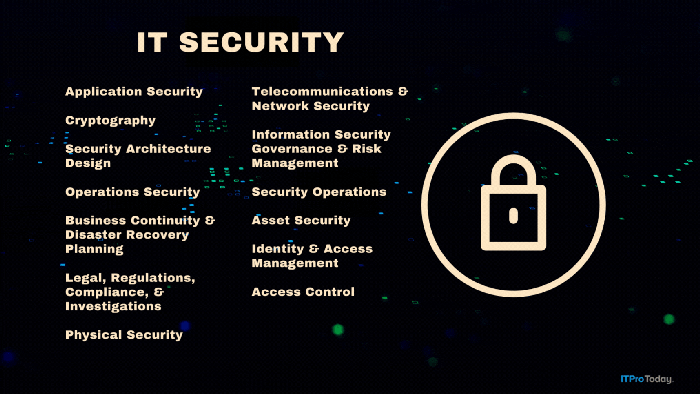Supply, Demand, Salaries, and Sysadmins
If you look at salary surveys, Linux administrators are more expensive to hire than Windows administrators. The reason for this is supply and demand. The supply of Linux administrators is smaller than the demand for Linux administrators. The supply of Windows administrators is more aligned with the demand for Windows administrators.
March 12, 2015

If you look at salary surveys, Linux administrators are more expensive to hire than Windows administrators. The reason for this is supply and demand. The supply of Linux administrators is smaller than the demand for Linux administrators. The supply of Windows administrators is more aligned with the demand for Windows administrators.
When some people argue about whether to deploy a server running Linux or one running Windows for a particular workload, they argue about the cost of licensing the server OS. When businesses are thinking about which choice to make, they have to take into account the cost of the administrators running the server. It’s generally not the licensing cost that’s the biggest hit when choosing a solution, it’s the cost of the people that you need to get to manage the solution that can be the biggest hit.
So why are Linux administrators more expensive? Why, over the last two decades, hasn’t there been a flood of Linux administrators come into the profession, driving the average wage down in line with the law of supply and demand?
I suspect it has to do with training and certification. Microsoft provides a whole lot of structures, such as their training and certification process, for the professional development of systems administration skills on their platform. Someone who wants to aim towards a career as an administrator of Windows Server has a very clear path to follow. Most Windows administrators have some form of Microsoft certification. Although no one really claims that having a certification means that someone knows all there is to know about Windows administration, the certification process itself provides a structure for learning about Windows products in the context of daily systems administration type tasks.
Microsoft seems to understand that not only do you have to provide a product for the server room, but that you need to also provide people that can run that product before organizations will start to use it. There is no point having an awesome product if you can’t afford to hire the people that can run the damn thing!
While Linux is definitely available as a product, “growing” a readily available supply of Linux administrators has proven to be far more difficult. Perhaps this is partly due to the Linux culture of “work it out yourself”. There is an attitude amongst more experienced Linux administrators that you can only learn Linux administration by doing it, not by reading about it. That it should be difficult to learn to be a Linux administrator. That you can’t “book learn” Linux. When I’ve asked Linux administrators about the value of certification they’ve told me that certification is just a worthless piece of paper with no value whatsoever. That passing a test doesn’t mean that you know anything about running a real Linux server.
I think that this “cultural difference” is important. On the Windows side there is a defined path with clear marker points where a person can go from being new to the industry to a generally recognized level of knowledge through certification. It won’t necessarily make them a great administrator, but does show that they have demonstrated that they know how to perform a broad range of common job related tasks. That pursuing certification is worthwhile because most other Windows administrators have pursued certification at some point.
We may be seeing something similar today with Cloud. Microsoft is generating a substantial amount of content aimed at training people how to use Azure. If getting an administrator who is competent with one cloud vendor’s product is much cheaper than getting an administrator competent with another, it’s a fair bet that the vendor with the cheaper administrators will gain more market share in the long run.
--
Orin Thomas is an MVP, an MCT, a Microsoft Regional Director, and has a string of Microsoft MCSE and MCITP certifications. He has written more than 30 books for Microsoft Press on IT Pro topics including Windows Server, Windows Client, SQL Server, Exchange, and System Center. He is an author at PluralSight and is a contributing editor for Windows IT Pro. You can follow him on twitter @orinthomas
--
This is an updated version of an article from a couple of years ago that still retains its relevance. Interestingly the asking price for Linux administrators has continued to grow.
About the Author
You May Also Like







.png?width=700&auto=webp&quality=80&disable=upscale)